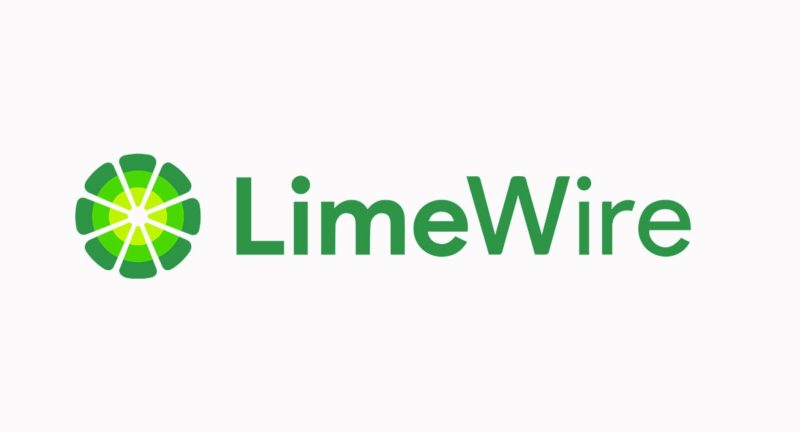Quick take:
- Former peer-to-peer musing sharing platform LimeWire is making a comeback.
- The company closed more than a decade ago after enduring four years in a legal battle.
- LimeWire is relaunching as an NFT marketplace, its newly found lease on life.
Closed file sharing platform LimeWire is making a comeback after finding a new lease on life in non-fungible tokens (NFTs). The peer-to-peer music sharing brand is relaunching as an NFT marketplace, its co-CEOs, Paul and Julian Zehetmayr said.
LimeWire endured a long legal battle with the Recording Industry Association of America before shutting down in 2010. The controversial file-sharing platform had gained industrywide popularity in the early to mid-2000s.
LimeWire has found a new lifeline in one of the market’s trendiest buzzwords, NFTs. NFTs are one-of-a-kind digital files stored in the blockchain. They have penetrated nearly all the industries, including automobile, gaming, healthcare, food and drink, and fashion, among others.
Recently, NFTs have gained the attention of mainstream companies including leading retailers like Walmart and sportswear and apparel giant Nike.
Yet, NFTs continue to divide opinion in the market, with traditional investors calling them a scam whereas others think adoption is inevitable for brands looking to bank the Gen Z population.
LimeWire lost the legal battle after it was accused of massive copyright infringements, and now, it has chosen to relaunch by targeting an industry that is yet to establish a clear legal framework.
The platform is relaunching this May as a marketplace for NFTs, after tech investors, Austrian brothers Julian and Paul Zehetmayr bought LimeWire’s intellectual property and other assets last year.
The company wants to partner with music artists producers selling pre-release music and unreleased demos. It is also looking to tap into exclusive graphical artworks and exclusive live versions.
“We want to open up the gates for small, medium and big artists with a lot of moderation and curation,” Zehetmayr said, adding that LimeWire laid the foundation for music streaming many years ago.
“It’s a piece of internet legacy and we are thankful that we can turn it around at something for the music industry,” he said.
LimeWire plans to give 90% of the revenue to artists and is optimistic it can onboard 1 million users within the first year.
One of the biggest challenges that the music streaming industry faced was copyright infringements due to rampant online piracy. However, NFTs have changed that, allowing artists to protect their intellectual property by capitalising on Web3.
It looks like LimeWire is relaunching at the right time. This time with all the tools it needs to run a platform that allows fans and collectors to buy and trade a variety of music-related assets without infringing on copyrights.
Stay up to date:





